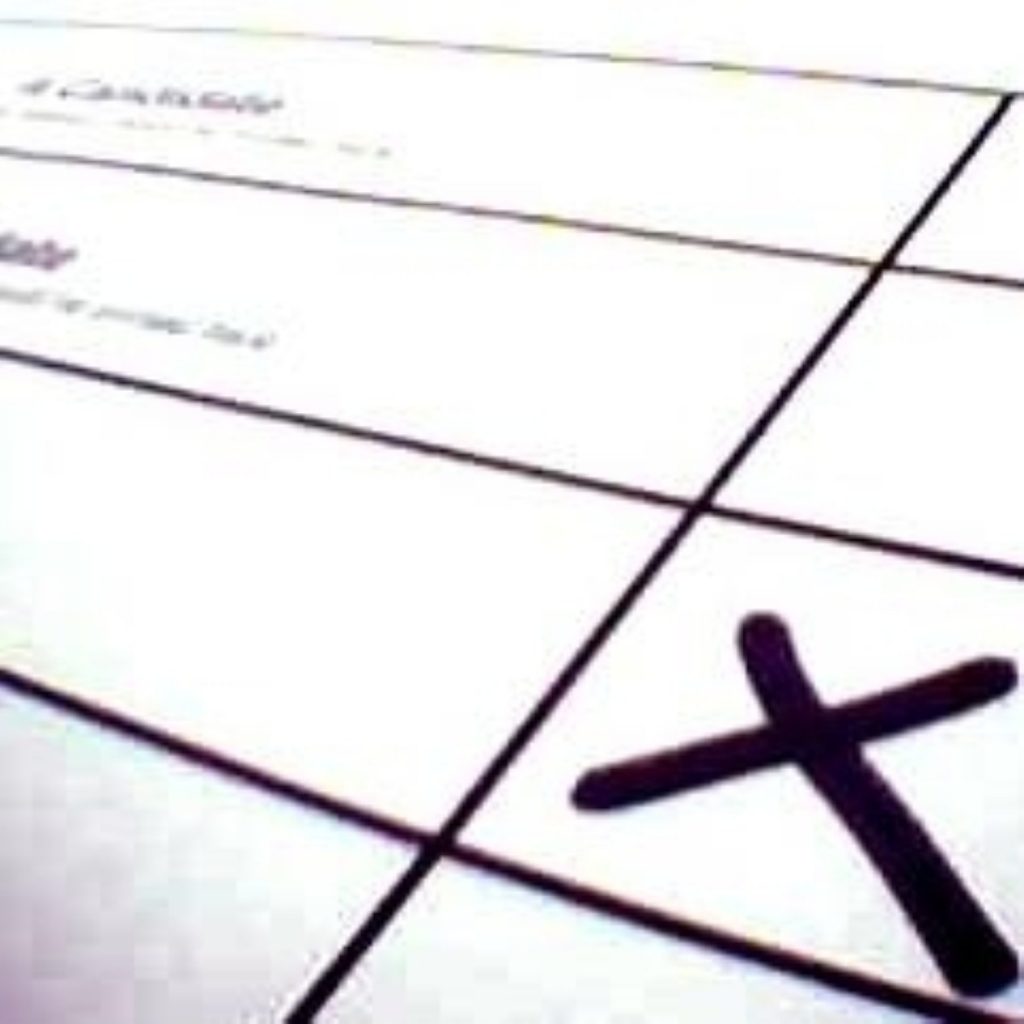Labour admits major financial problems
Labour has admitted it is in an “extremely challenging financial position” after new figures show it owes £23.4 million in loans.
Electoral Commission data today shows Labour and the Conservatives owe almost £60 million in loans between them, with the latter owing just over £35.3 million.
It is the first time such contributions have had to be made public, and reveals a much wider reliance on loans than previously thought. Labour received just £3.2 million in donations in the three months to September, and the Tories just £4 million.
The figures also reveal major problems within Labour’s finances, and in a statement issued this afternoon, the party said it was working with creditors to manage its debt.


It said it had managed to restructure most of its loans to extend the deadline for payments, but two commercial loans were now due. Faced with “acute cash flow problems”, the party said it was trying to seek a deal on repayment.
These discussions were “perfectly normal” for any organisation dealing with “difficult circumstances”, the party said, adding that it was carrying out a major restructuring to ensure it was ready when new rules on party funding are introduced.
Hayden Phillips is due to publish his review of party funding by the end of the year and is expected to recommend caps on individual donations among other measures.
Today’s figures show £2.8 million of Labour’s funding comes from the trade unions, and the party is keen any donation cap should not bar these contributions. However, Conservative chairman Francis Maude accused Labour of “cronyism”.
Norman Lamb, chief of staff to Liberal Democrat leader Menzies Campbell, said Labour’s financial position was “absurd” and further highlighted the need for funding reform.
“It appears to be the case that their ability to continue trading as a political party may now be dependent on persuading multi-millionaire supporters not to call in substantial loans,” he said.
The Lib Dems have outstanding loans worth £1.1 million and in the last three months received about £1.1 million in donations.
Today’s Electoral Commission figures are the first since the law was changed in September to ensure all loans were made public. Previously parties needed only to declare non-commercial loans, although they reported them voluntarily in August.
This loophole led to concerns that parties were asking contributors for commercial loans rather than donations – which all need to be declared to the commission – to keep the identity of their wealthy backers secret.
When it emerged that some people giving loans to political parties were consequently nominated for a seat in House of Lords, the police began an investigation into possible corruption. All parties deny any wrongdoing.
Electoral Commission chief executive Peter Wardle said the new law was a “significant step forward, which gives voters access to far fuller information about how parties are funded and who is funding them”, adding that this was vital to an open democracy.
But although he said the parties had made “good progress” in complying with the new law, he warned that more than £400,000 of donations were reported late this quarter. The biggest offender was the Labour party.
“While we acknowledge that local branches of parties, staffed largely by volunteers, may struggle to keep up with the administration of their finances, it is unacceptable that the Labour party has failed to report a significant amount of donations to the national party on time,” Mr Wardle said.
“Labour have taken steps to improve their reporting procedures as a matter of urgency and were working closely with them to ensure this happens.”
A Labour spokesman said the party “entirely agree” that the late reporting of donations was unacceptable and said it was “something we are determined to remedy”.









